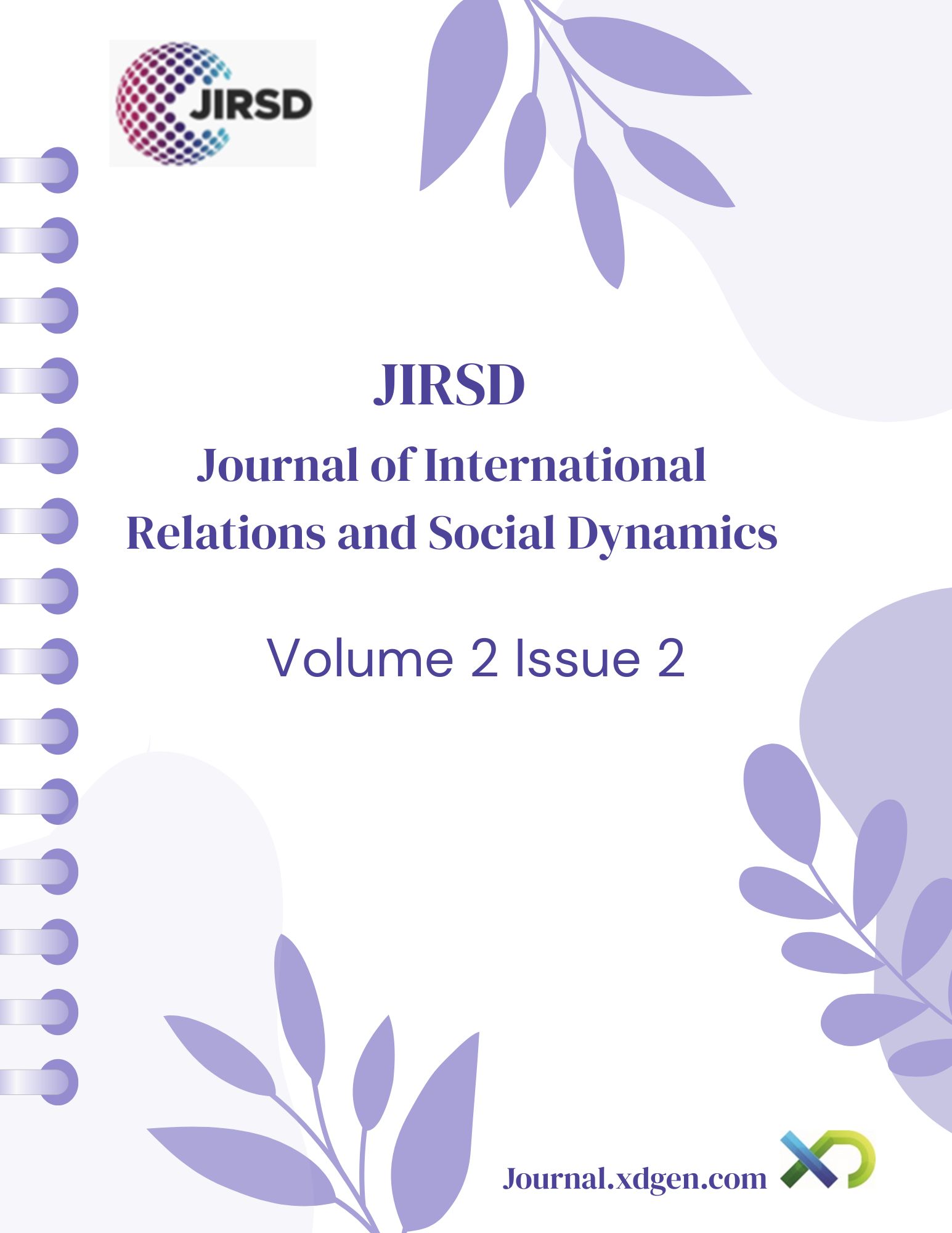An analysis of early marriage in Pakhtun society: determinants, consequences, and interventions
Keywords:
early marriage, Pakhtun society, social norms, education, economic security, consequences, intervention, parental educationAbstract
Marriage is a ubiquitous social institution created to govern and oversee human existence. It is the sanctioned societal arrangement in which two or more individuals form a family. Nevertheless, marriages that take place through unnatural means or that infringe upon fundamental human rights give rise to significant social issues with complex ramifications. The present study examines the several factors and outcomes associated with early marriage in the Pakhtun society. The research was conducted in differentareas of Kohat Districtlocated in Khyber Pakhtunkhwa, Pakistan. The researchers gathered primary datafrom a sample of 60 individuals, consisting of both males and females. The data was acquired through face-to-face interviews using a questionnaire. The data was then analyzed using SPSS software, utilizing frequency distribution and percentages.The analyses indicate that early marriage is prevalent as a result of low levels of education, deeply ingrained traditional social norms, and economic security measures. These factors have significant negative consequences in terms of social, physical, and mental well-being for both the individual, their family, and society as a whole. Parental education, government intervention, and media influence are suggested as effective measures to eradicate the detrimental effects of early marriages.

